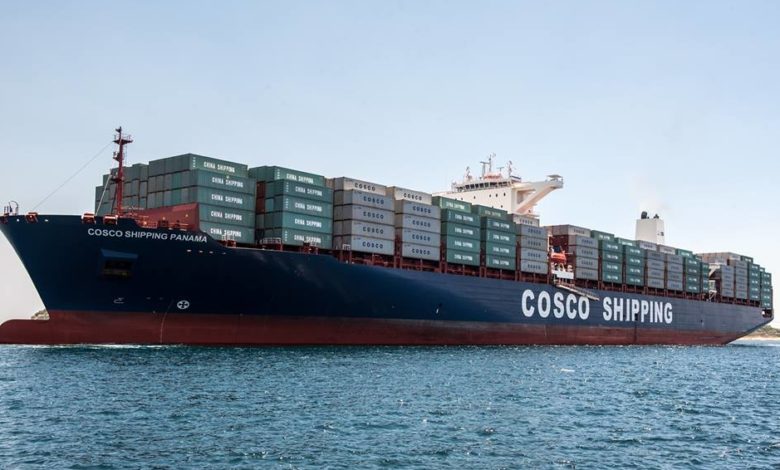China’s long game

China’s maritime dominance is about to become all encompassing. National strategic long-term plans mapped out in the 1990s are now clear to see.
China’s maritime players march to a different beat – they are there to serve the national interest, not to play the markets. What’s more, while we’ve all been marvelling at the rise and rise of Chinese shipping this century, I’d argue we’re about to see growth accelerate, whether it is in their merchant fleet, their shipbuilding capabilities or more pertinently for the purposes of this column – their financial offerings.
A generation ago the Chinese set in motion plans to take a firmer grip of the republic’s supply chains, ensuring that at least a quarter of cargoes shipped in and out of the world’s most populous nation were done so, on Chinese hulls. Fast-forward to 2017, and that goal has been smashed.
In essence, the mandarins in Beijing have achieved what their counterparts in Japan did in the 1980s; getting raw materials imported and finished products exported on their own ships and at the lowest possible rates.
The Chinese created enormous building capacity then added commercial support via weighty export credit agreements.
Chinese banks piled in keen to create ship leasing companies, no doubt a decision that was made with regulatory incentives in mind, keeping money off the bank’s core balance sheets in the process.
Today there are 4,500 leasing companies in China, 49 of which are bank system related leasing companies with RMB150bn ($22.63bn) and a strong focus on aviation and shipping.
On a shipping portfolio basis, the Chinese lenders remain comparatively small, but are growing very fast. Of the 36 biggest lenders by shipping portfolio, just eight are Chinese, according to data from Marine Money. However, last year 13 of the top 23 lenders worldwide were Chinese banks or leasing companies to a large extent supported by Sinosure as the export credit guarantor.
Familiar problems do persist for those looking to tap the Chinese for cash. Transactions still take too long, and the lenders are still looking to deal mainly with the biggest names in shipping.
A key difference between Chinese lenders and their Japanese counterparts is the former are more opportunistic, while for the Japanese finance tends to center around long term relationships.
China has done well filling the ship finance gap left by many European banks. The fact is shipping is not short of available loans, you just have to look east. The taps get turned on to keep yards busy.
Chinese shipyards will see further consolidation no doubt, as their orderbooks are perilously short. However, I can see oversupply riding in fast to shipping once again as many of the deals being offered by local yards are now just too attractive for everyone to turn down.
Over the long term, shipping has never returned more than 7% to 8% on the capital employed and that is due to long periods of oversupply, something that is clearly not going to go away. Cycles are now shorter as yards can deliver quicker; ships these days are churned out in just 14 months.
Still, for China as a whole, oversupply and shorter cycles all play into its hands – bringing cheaper imported goods, and creating cheaper exports to world markets.
This article first appeared in the just published latest issue of Maritime CEO magazine. Splash readers can access the full magazine for free by clicking here.

My own thoughts precisely. The Chinese are only interested in trade and have recognised that controlling the transport costs is key to their growth objectives.
They don’t even need to operate the ships as their new giant leasing companies will find the operators and fund them provided they carry Chinese cargoes.